Charles Pakana (Victorian Aboriginal News): In September last year, the Minister for Indigenous Australians, Linda Burney MP, announced two new working groups, the First Nations Referendum Working Group, and the First Nations Referendum Engagement Group. Both are seen by the government as crucial to achieving a successful yes vote in the forthcoming referendum, and both have distinctly different roles and responsibilities. Joining me today to discuss the role of the Working Group is one of its 21 members, Taungurung man and Co-Chair of the First Peoples’ Assembly of Victoria, Marcus Stewart. Marcus, thanks for talking with me today.
Marcus Stewart: Thanks for having me, Charles.
Charles: Marcus, the working group’s terms of reference, they require its members to consider three key matters. Number one, the timing of a referendum, the proposed constitutional amendment and question, which was announced last week on the 23rd of March by the Prime Minister. And thirdly, information on the Voice necessary for a successful referendum. Now, the first two are pretty self-explanatory, the timing and the wording. The third is somewhat vague. So what’s actually being discussed under that blanket statement, “information on the voice necessary for a successful referendum”?
Marcus: Well, I mean, as you’ve described Charles, we had three key functions, and I guess what often has been a little confusing out there is our responsibility was [to] advise government and the cabinet of how they get to referendum, or referenda, what do they need as far as, we think of the pamphlet, for example, it was out and then it was in, the actual amendment in itself, but things like funding a yes or no campaign, like mechanical things of what takes you to a referendum. Also, the question you’ve just asked is what information or information to create a successful yes campaign or a yes vote. Ultimately what we looked at was a big component was a civics campaign. How do you provide factual information which will be delivered by the AEC, the Australian Electoral Commission, to make sure people have the facts, the information, and are informed on what exactly they’ll be asked when they get in the ballot box.
Charles: Doesn’t that cross over a bit with the Referendum Engagement Group?
Marcus: Well, that’s an extension. So we had to look at what that had to be or what it would look like, because there’s no yes or no campaign, we wanted to make sure that the Australian people had factual information. We were concerned early days about a yes or no pamphlet, but government made a decision on that. That wasn’t our advice, they made a decision and so be it. But a pamphlet, which is unvetted, which doesn’t go under scrutiny, and we know some of the disappointing personalities we see in the Australian parliament, in the Senate in particular. So giving them an audience and an amplification for racism, knowing the correlation of racism and suicide for our community, we were concerned about, we were seriously concerned about that, and that’s why we landed on that position. But it’s something that changed and that’s okay, not our decision, we provide advice. But heavily focusing on a civics campaign, critically important, but also Aboriginal and Torres Strait Islander enrollment numbers in the AEC, how do you increase participation in democracy?
Charles: A lot of that’s already being addressed with the AEC proposed changes to the Referendum Machinery Bill, which was passed by both Houses, I think last week or the week before. What about though post the referendum, you and I have had a few yarns about what the regional and local voices could look like post referendum, because these are fundamental to the formation of the national voice. So are there discussions on how it would actually look right across Australia within this working group?
Marcus: No, no, there haven’t been. We’re conscious and acutely aware that the shape that takes will be subject to the parliament of Australia, but also significant consultation with communities across the country about how they want to represent themselves and what they believe this should look like.
Charles: You did mention that you’ve had to take into account the various, I suppose, sentiments, for lack of a better word, expressed by various people right across the country, in determining the question and the proposed amendments. Let’s address treaty and sovereignty, did they come up much in the conversations that the working group had in preparation to advising the Prime Minister?
Marcus: Oh, absolutely. We sought expert legal advice from the brightest legal minds in the country, which was the Expert Legal Working Group, which was to provide advice to the Referendum Working Group, which was to inform our advice to the government and the cabinet. So we received significant advice on this, and the advice was very clear, doesn’t impact First Nations sovereignty, the only people that can cede their sovereignty are First Nations people.
Charles: That’s sovereignty, but what about treaty? Was there any consideration regarding treaty and treaty before the voice or voice before the treaty in the deliberations within the working group?
Marcus: No, none whatsoever. A clear example, you try and strike a treaty, a new government come in and tear it up. What does that mean for our people? We’re without a voice. And I’m no legal expert, but you’re almost ceding our sovereignty by negotiating a treaty first without your right to self-determination, your right to political representation as articulated in Article Three of the United Nations Declaration of the Rights of Indigenous People.
Charles: Now, you’ve seen this in Victoria because the elected body, the First Peoples’ Assembly of Victoria is essentially regarded as the voice to government. That was critical, I assume, before the work on treaty was undertaken, which has been what, the past four years, at least with the assembly. So is that sort of what’s happening here, that we’re establishing that elected or appointed body first before we get into the nitty-gritty of all those other issues?
Marcus: Well, I think that’s clearly the sequence that’s been laid out by 250 plus Aboriginal leaders in the Uluru Statement from the Heart, voice, treaty and truth. In Victoria, I don’t think we would’ve got to treaty if we didn’t have voice, and we certainly wouldn’t have got to truth without voice, because the consultations we held with our community, we clearly held the view that we can’t treaty with without truth. That was made blatently clear. So what’s clear and what we’re being clear on, it’s not my individual opinion that I woke up this morning and go, “I’ve got a wonderful idea. I’m going to call for treaty first.” We can’t elevate uninformed positions that haven’t been put to our mob, consulted on it substantively, and then put a position forward. We don’t have the right, or political parties don’t have the right to just change what has been a ground up, grassroots led position of our communities around this great country.
Charles: So what are some of the key challenges that have been identified within the working group now that we’ve got essentially pretty well the first two items almost done and dusted, that is the timing and also the wording? In regard to developing that information, what are some of the key challenges? What are some of the key almost blocking points that you and the committee believe need to be addressed in order to achieve that successful referendum result?
Marcus: Oh, it’s very simple, it’s misinformation. We’ve had an opposition leader that’s perpetuated misinformation and tried to create confusion. We’ve got a no campaign that don’t really know how to be a no campaign, but are trying to create confusion and spread misinformation. We’ve got parliamentarians that are trying to stoke and create misinformation. So misinformation is a critical issue because it spreads like wildfire on social media platforms, it’s not underpinned by any factual information, and we’ve got to make sure that the Australian people, before they walk into that booth, are well-informed, regardless of how they’re going to vote, but are well-informed with factual, correct information about what this is, what this isn’t, and what they’re voting on.
Charles: What are some of the key bits of misinformation that you’ve seen out there that need to be addressed by the working group?
Marcus: Well, we won’t address misinformation, that’s not our job. We’ve done our job, and the engagement group won’t either. This will be subject to the yes campaign, they’ll be responsible for the yes campaigns. So Yes ’23 and the Uluru Dialogues will carry responsibility for educating broader Australian people. But our communities in particular through the Uluru Dialogues, will be focusing on how do they bring our people along on this journey and make sure they have the right information.
Charles: Well, talking outside the Referendum Working Group, if you were to sort of pinpoint a couple of key bits of misinformation that were, you believe, really misleading a lot of Australians, what would you say they’d be?
Marcus: High court challenge to the voice, that it’s actually a risk, that it advise executive government, where do I start and where do I finish? I think Warren Mundine said the other day, it’ll be caught up in decades of court action. You’d be lucky to be caught up in 10 minutes of court action, but you give anyone a microphone, they can make up any yarn, any story. It’s like who can say the craziest thing and get away with it? That’s the challenge right now. And our responsibility is not to run down the rabbit holes of misinformation. Our responsibility is to present the Australian people with simple, easy, digestible information so they can make an informed decision when they sit in front of the ballot box come referendum day.
Charles: As I mentioned earlier on, on the 23rd of March, the Prime Minister came forward with members of the Referendum Working Group and announced to Australia the proposed question and the proposed amendments to the Constitution. Now, you and I were meant to speak the day beforehand, but you made mention to the fact that you’d been called into a meeting with the Prime Minister, and it was actually that meeting on the 22nd of March, the day before the announcement. What actually took place in that meeting? Give us a bit of an insight into some history in the making.
Marcus: Well, there was a number of meetings in that lead up. The meeting I participated in was a full, because we had a delegation who were leading negotiations directly, and then we had to come to the table and make a decision, if we were comfortable, that the wording that we had struck a balance that gave the voice the best opportunity to succeed, to make sure that it was a representation of all the feedback we heard, because we carried a responsibility not only for our communities, but the broader Australian people, to make sure we’d done our due diligence and we’re` confident we’d done that. And when we stood up and the Prime Minister stood up and announced that, we believe we struck the right balance of feedback from all political persuasions, and that’s why we’re comfortable to support the wording that will be put to the Australian people if it successfully passes one, both Houses and the committee process, which I think it will, I think it stacks up.
Charles: And only time will tell. Marcus, we’ve reached the end of our time, I’m afraid. I know we will be speaking again in the future. I want to thank you so much indeed for coming on to the program today.
Marcus: Pleasure, as always, Charles.


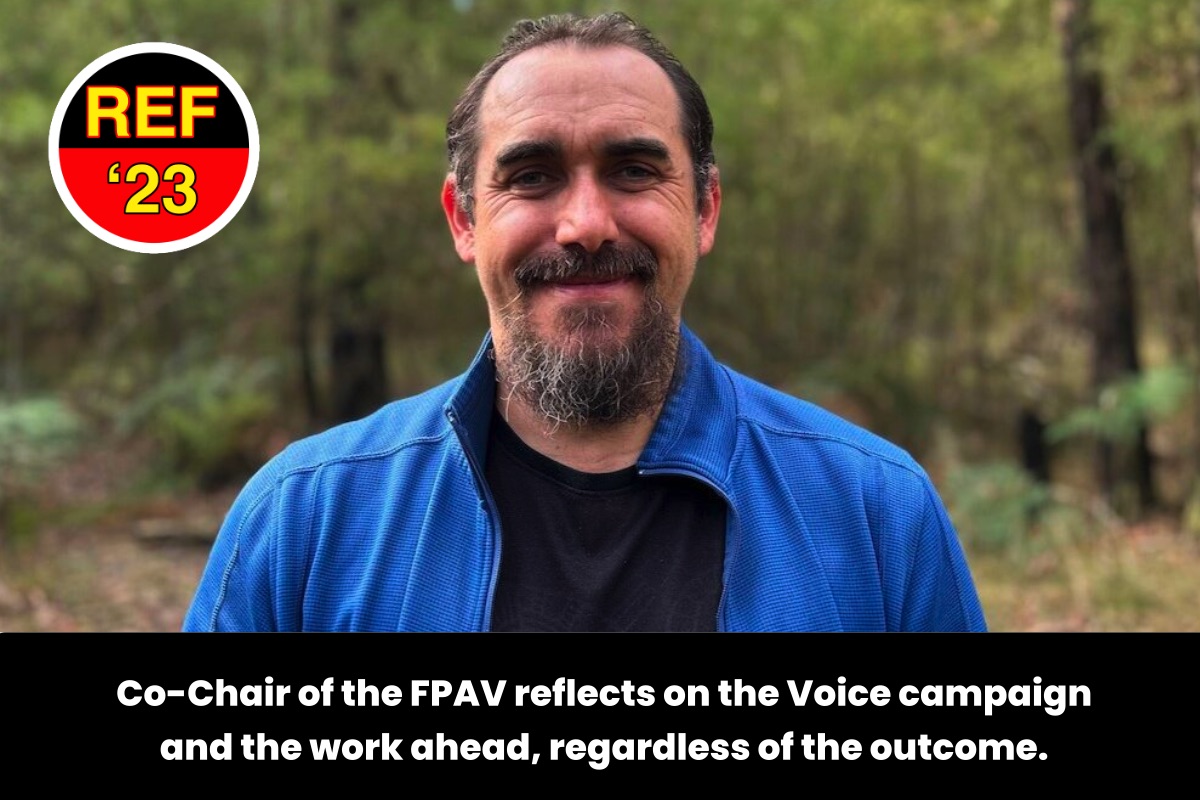
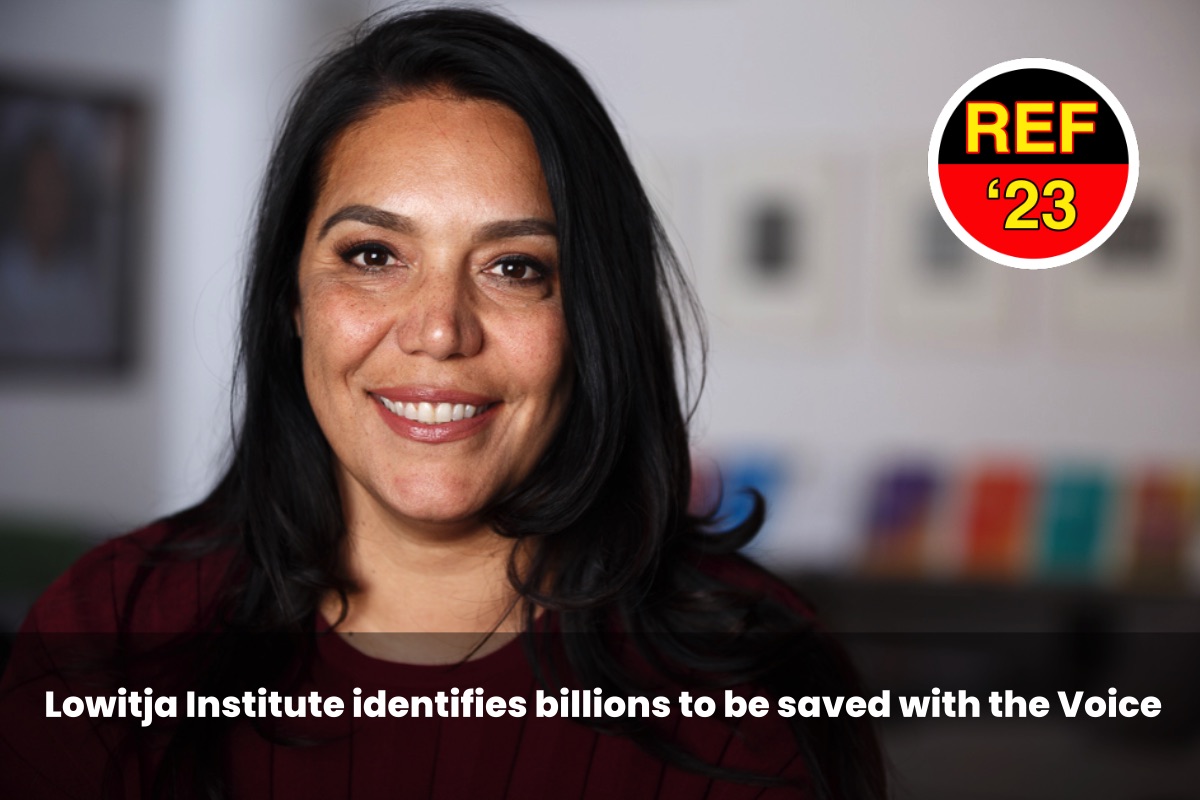
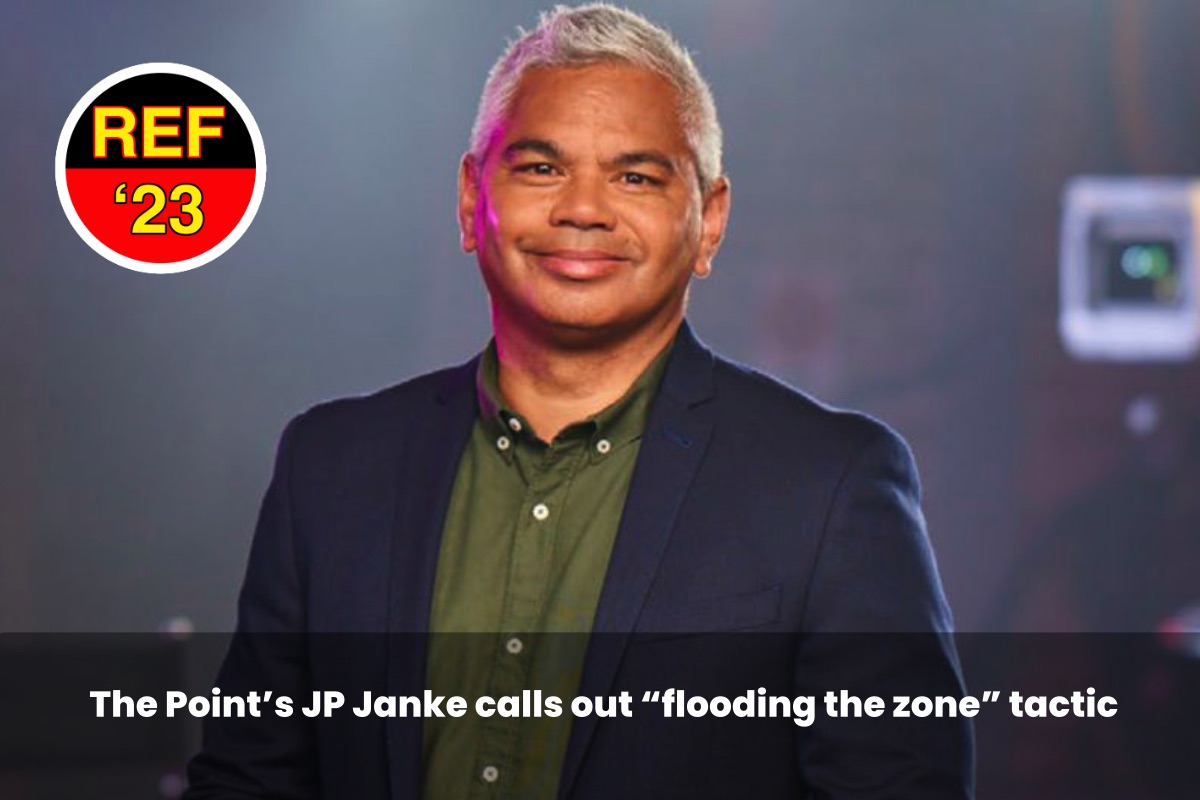
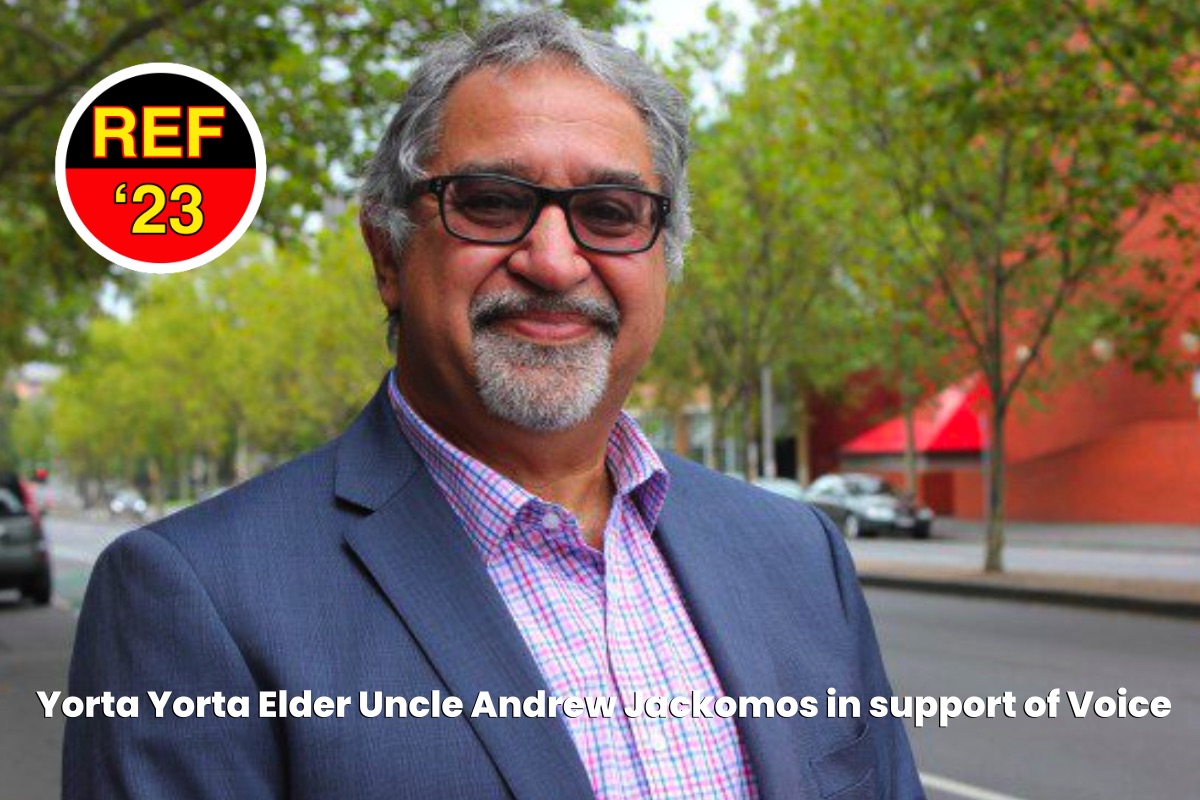
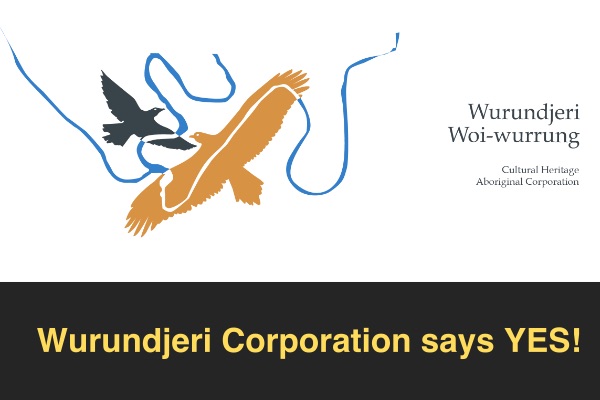

0 Comments